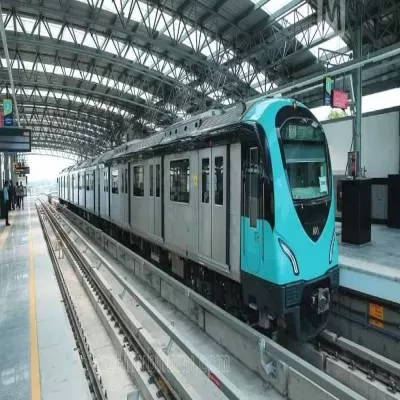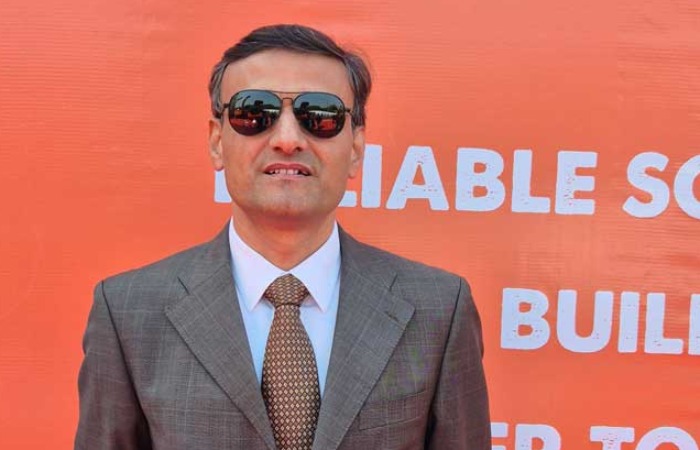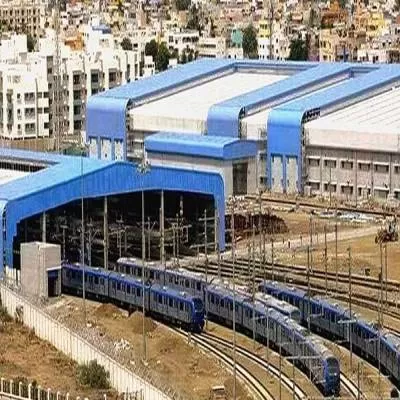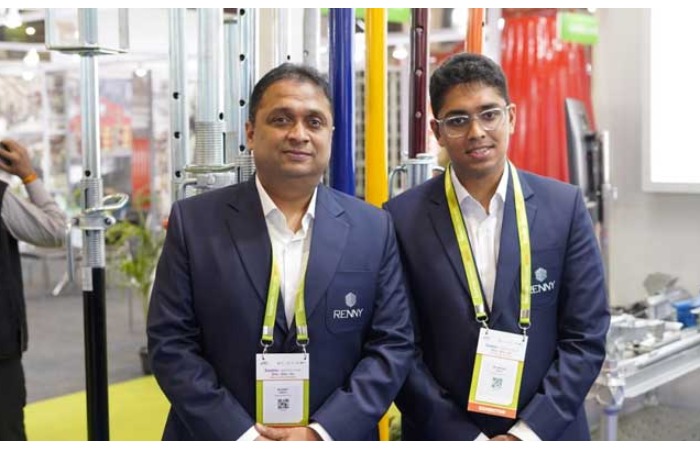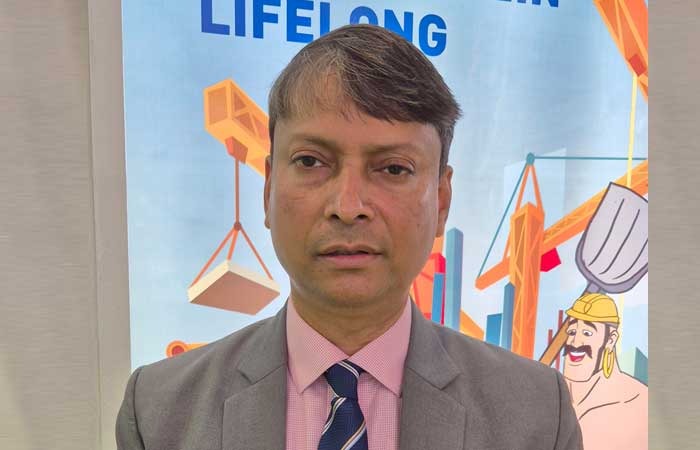CHALLENGES and NEW Opportunities

The construction equipment rental market in India is still small as compared to the other equipment markets worldwide. Satin Sachdeva sheds light on the realities of the rental market in India and the steps needed for the development of the market.
<p></p>
<p> Issues of unceasingly delayed and stuck payments, and lack of standardised practices in the construction equipment rental industry are becoming detrimental to the industry. The fall of giants like IL&FS, ERA Infra Engineering, etc., and the Hybrid Annuity Model (HAM) of the government have created a gloomy scenario, which is indicating a bumpy ride and road full of potholes for the construction equipment rental industry.</p>
<p>The debacle of HAM and the debt-laden IL&FS in particular has stimulated uncertainty in the infrastructure sector. As per the recent media reports, more than half of the highway projects awarded under HAM have been stuck for lack of funding, partly because the developers overextended themselves by bidding for too many projects and partly because banks are reluctant to provide loan to them. Consequently, many developers have been forced to abandon projects. Consequently, the hirers, especially of the small companies are left in lurch.</p>
<p>On the other hand, the Confederation of Indian Industry (CII) has projected that India's infrastructure sector comprising core sectors like power, roads, highways and renewable energy would need an investment of Rs 50 trillion ($ 778 billion) over the next four years (by 2022) in order to have sustainable development in the country. According to the Global Construction Perspective and Oxford Economics report, India is the third largest construction market with 7 per cent market share after China and the US. It also states that India's growth rate of construction output will be 7.4 per cent during 2020-30 and will overtake China which will be 7 per cent. </p>
<p>It is clear that construction equipment rental companies have to work amidst this milieu of uncertainty and unconducive conditions, and promise of strong market unless the infrastructure projects are again put back on track.</p>
<p>Nevertheless, India's rental market is becoming increasingly important, considering the gradual growth in construction activities and new projects coming up in various infrastructure segments. But what the infrastructure sector is ignoring is the fact that construction equipment rental companies are the backbone of India's infrastructure development. Without a rental company, an infra project cannot gain momentum. Hirers economise the costs of projects, which would otherwise be tremendously high if the construction companies have to purchase their own equipment and machinery. As per KPMG report, the Indian real estate will be a $1 trillion amounting to be Rs 72 lakh crore industry by 2030, thereby, expected to propel demand in the construction equipment rental sector. It said that the sector will grow from $120 billion in 2017 to $650 billion by 2025. </p>
<p> <span style="font-weight: bold;">Demand and challenges</span><br />
Major equipment that will drive the construction equipment rental industry are piling rigs, concrete equipment, i.e., transit mixers, boom placers and batching plants. In the road equipment sector, loaders, motor graders, compaction rollers and pavers (sensors and slipform) will be in demand.</p>
<p>In addition to catering to the demand, rental companies will also have to fight the challenges of interstate commutation due to the non-uniform tax structure. For example, there are different taxes for the movement of construction equipment in different states like in Rajasthan, Gujarat, Andhra Pradesh, etc. There is a need for uniform taxation or giving tax holidays for at least five years. </p>
<p>The industry is also facing dearth of skilled human resource. The force of equipment rental personnelû operators, technical staff and drivers is neither skilled nor certified. Due to this shortage, the unskilled or sometimes semi-skilled staff deployed at the machine ends up in damaging the machine and causing loss to rental companies. Consequently, the hirers restrict themselves from adopting new technologies, which otherwise will increase the productivity. But the hirers must look forward to new technologies, especially the use of Artificial Intelligence (AI), GPS and drones, which would make work and supervision easy, and would make coordination easy at any site. </p>
<p>The major challenge that the equipment rental industry is facing is standardisation. The industry is not organised, and therefore, there is no standardisation of practices and rules. The lack of standard rules and practices many a times gives rise to disputes between construction companies and rental companies. So, sensitising the industry about the need and benefits of standardisation and as an organised sector is one of the significant works that needs to be done. There is a need for standardisation of guidelines, operating procedures, business rules and practices, rental tariffs, salaries of operators, warehouse sharing prices and many other indicators. The industry should also take up the responsibilities of training its manpower and become a centre for skill development and training of operators and technical staff. </p>
<p> <span style="font-weight: bold;">India: A potential market</span><br />
Considering the projections that India will be among the top countries for infrastructure development and construction, the market share of equipment rental industry in India is still less as compared to the penetration in other countries. Compared to 7 per cent market share in India, it is 65 per cent in Japan, 55 per cent in the US and 35 per cent in China. The market share is indicative of the progress and the pace of infrastructure development sector. So, there is ample that needs to be done and it is not possible unless the construction equipment rental industry and the construction companies work in tandem. Therefore, it is important to strengthen the relationship between the construction equipment rental companies, project and infrastructure corporates, manufacturers and financiers so that we all can leverage the emerging opportunities for mutual benefits.</p>
<p> <span style="font-weight: bold;">Satin Sachdeva is Founder and Secretary General, Construction Equipment Rental Association (CERA), and Managing Director and CEO, Equipment Planet.</span></p>



